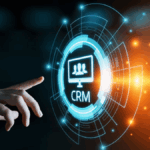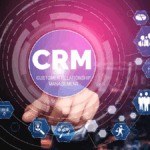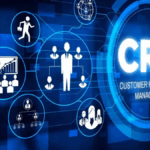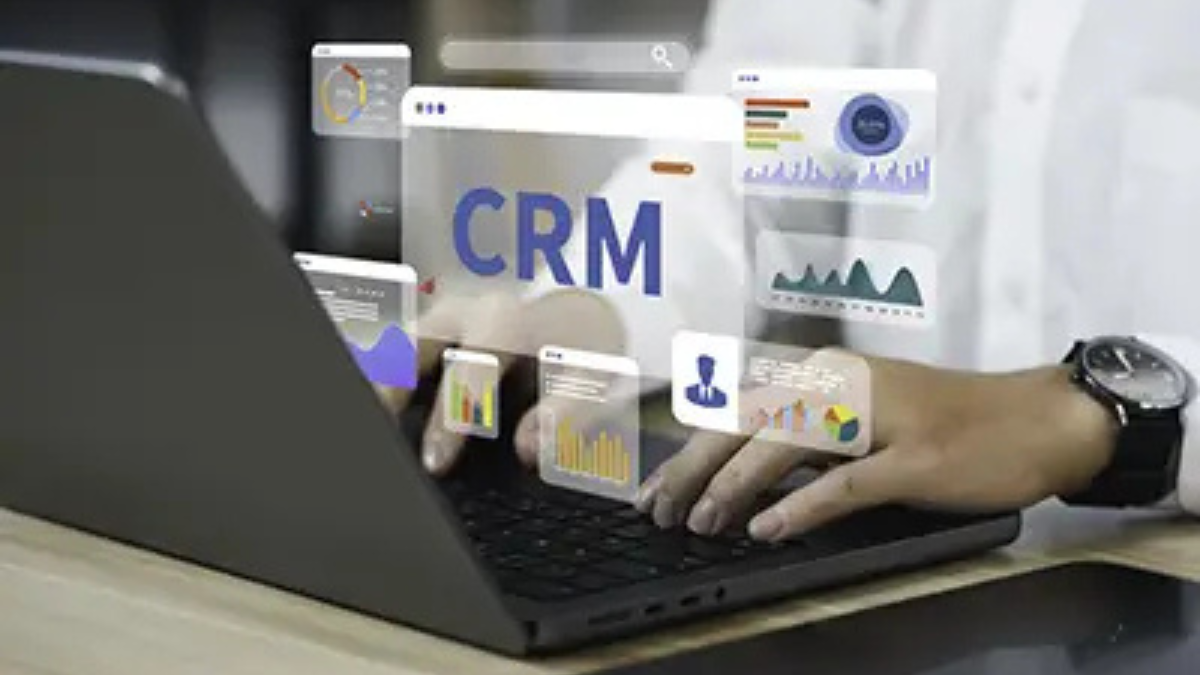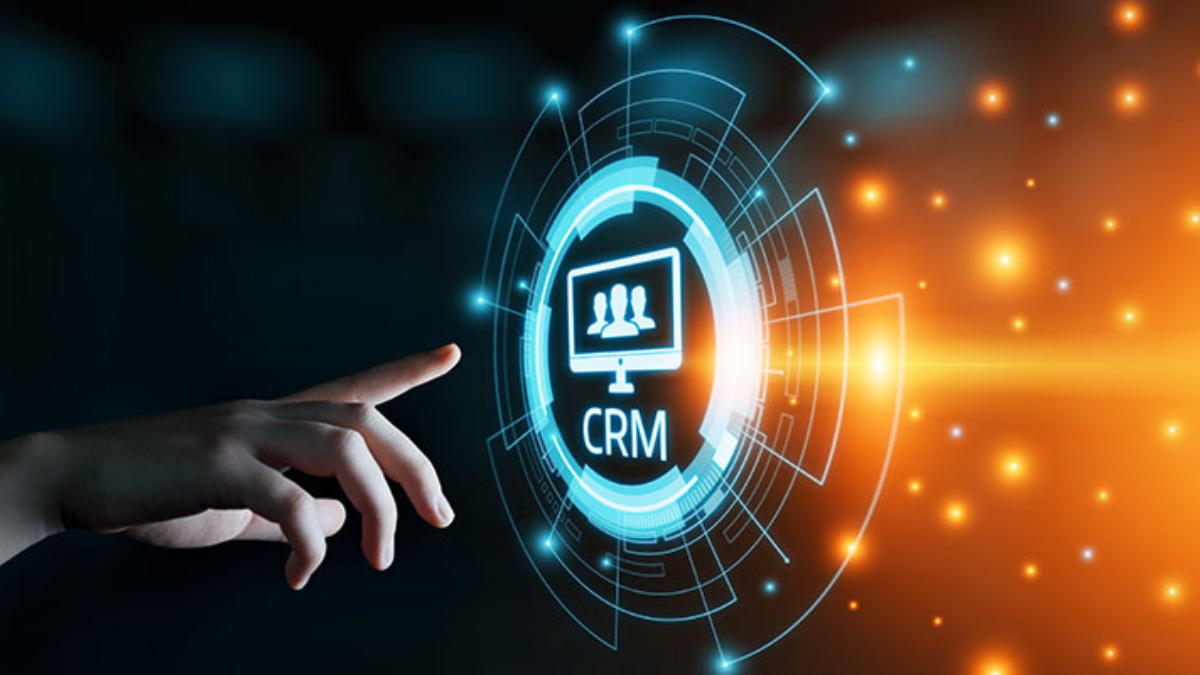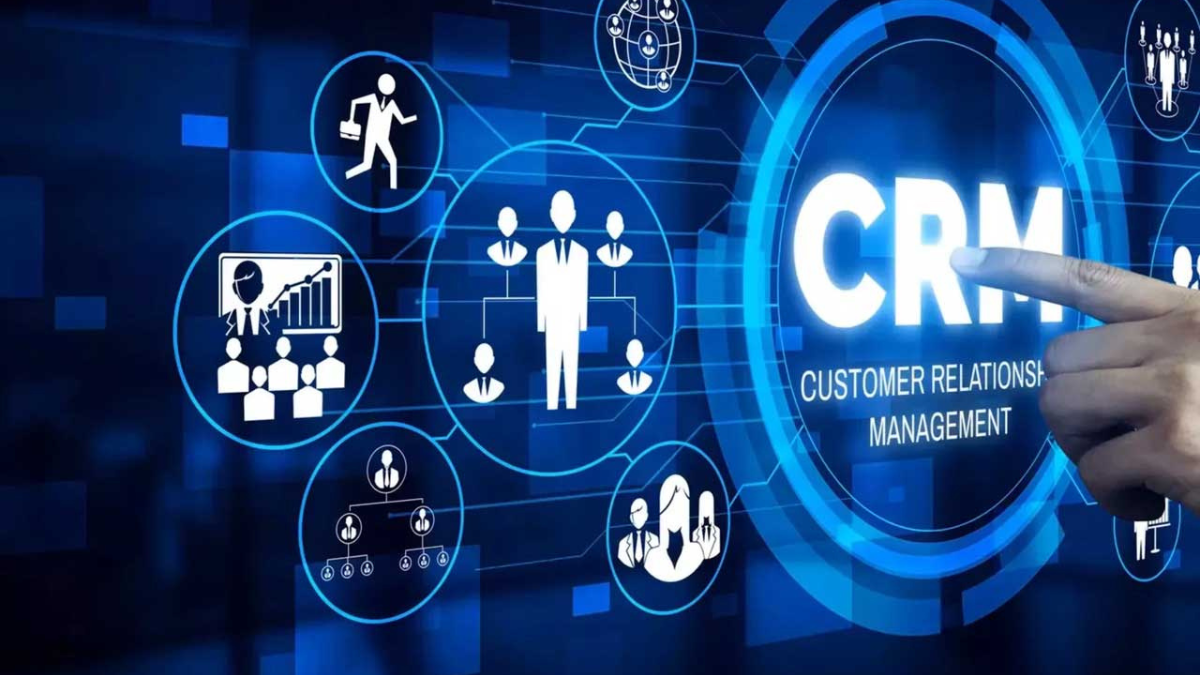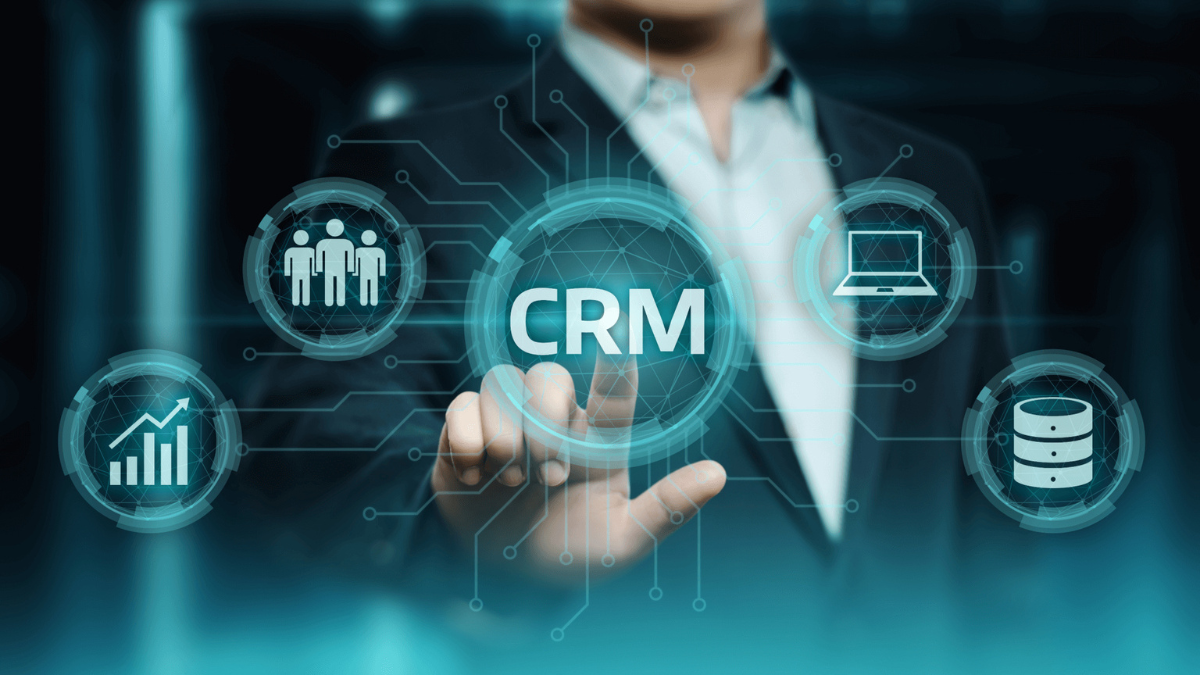In today’s digital marketplace, customers expect businesses to not only meet their needs but to understand them deeply. That means remembering their preferences, anticipating their problems, and delivering consistent value across all touchpoints. At the heart of this customer-first approach is CRM (Customer Relationship Management) — a powerful toolset designed to foster better customer relationships.
This article aims to demystify CRM systems by explaining what they are, how they function, and why they’ve become essential for modern businesses aiming to thrive in a competitive environment.
What Are CRM Systems?
A Simple Definition
CRM systems are software solutions that store, manage, and analyze customer interactions and data throughout the customer lifecycle — from the first interaction to post-sale engagement. The goal is to improve customer service, retain clients, and drive sales growth.
The Core Purpose
A CRM acts as a centralized hub where all customer information — emails, calls, chats, transactions, service history, and feedback — is stored, giving teams across departments a 360-degree view of the customer.
Why CRM Matters for Customer Relationships
From Transactions to Relationships
Modern customers are more than buyers — they’re long-term partners. CRM systems help companies shift focus from closing sales to building lasting connections.
Benefits of CRM for Customer Engagement
- Personalized Communication: Tailor content based on interests and behavior.
- Timely Follow-Ups: Never miss an opportunity to engage.
- Service Consistency: Everyone on your team is on the same page.
- Data-Driven Support: Identify pain points and resolve them efficiently.
- Customer Loyalty: Happy, engaged customers become repeat buyers and brand advocates.
Key Features of a CRM System
1. Contact Management
Store and organize customer details such as names, phone numbers, email addresses, preferences, and interaction history.
2. Sales Automation
Track the buyer journey, manage leads and deals, set up sales workflows, and automate follow-up tasks.
3. Marketing Automation
Segment your audience and run personalized marketing campaigns, track performance, and nurture leads with automated email flows.
4. Customer Support Integration
Use ticketing, live chat, and knowledge bases to provide faster and more informed support experiences.
5. Reporting & Analytics
Analyze customer behavior, campaign success, and sales performance to improve future strategies.
6. Integration with Third-Party Tools
Connect with email, calendar, social media, project management, and accounting tools for seamless business operations.
Types of CRM Systems
Operational CRM
Focuses on streamlining business processes — including sales, marketing, and service automation.
Analytical CRM
Analyzes customer data to support better business decisions. Helps with segmentation, forecasting, and performance tracking.
Collaborative CRM
Allows different departments (sales, support, marketing) to share information and work cohesively toward customer satisfaction.
How CRM Systems Improve Customer Relationships
Centralized Customer Profiles
No matter who interacts with the customer — sales, marketing, or support — everyone has access to the same information, ensuring continuity and context in communication.
Improved Responsiveness
CRMs allow for faster responses by automating reminders, suggesting replies, or assigning tickets instantly to the right team member.
Personalized Engagement
Leverage data like purchase history or content interaction to create customized offers, product suggestions, or messages.
Feedback and Sentiment Tracking
Many CRMs let you collect, store, and analyze feedback so you can take action to improve customer satisfaction proactively.
CRM Use Case: Building Loyalty Through Insight
Business Type: Online Travel Agency
Challenge: High churn rate and poor repeat customer numbers
CRM Used: HubSpot CRM
Implemented Features:
- Email automation for travel reminders and offers
- Segmentation based on travel history
- Feedback forms sent post-trip
- Personalized discount codes for repeat customers
Results After 6 Months:
- Customer retention increased by 32%
- Engagement with email campaigns doubled
- 22% increase in average transaction value
Choosing the Right CRM Tool
Factors to Consider:
- Business Size: Solo entrepreneurs may not need enterprise features.
- Budget: Free CRMs offer basic features; premium ones include AI, automation, and reporting.
- Scalability: Choose a system that can grow with your business.
- Ease of Use: If it’s not intuitive, your team won’t use it.
- Mobile Access: Essential for sales teams or remote support staff.
- Integration Capabilities: Make sure it works with your current tech stack.
Top CRM Tools for Building Customer Relationships
1. HubSpot CRM
- Best for: Small to mid-sized businesses
- Key Strength: Free forever plan, easy onboarding, all-in-one marketing/sales/service
2. Salesforce
- Best for: Enterprises and large organizations
- Key Strength: Highly customizable, powerful analytics, industry-specific tools
3. Zoho CRM
- Best for: Growing businesses
- Key Strength: Affordable pricing, mobile app, AI-driven insights
4. Freshsales
- Best for: Sales-driven teams
- Key Strength: Built-in email, phone, AI lead scoring
5. Pipedrive
- Best for: Sales teams
- Key Strength: Visual sales pipelines, automation, simple UI
CRM Integration Examples
Email Marketing Tools
- Mailchimp
- ActiveCampaign
- Constant Contact
Communication Tools
- Gmail
- Outlook
- Slack
- Zoom
Ecommerce & Payments
- Shopify
- WooCommerce
- Stripe
- PayPal
Project Management
- Asana
- Trello
- Monday.com
Common CRM Mistakes That Hurt Relationships
1. Incomplete Customer Data
Missing or incorrect information results in poor service and missed opportunities.
2. Over-Reliance on Automation
Automating too much can make your brand feel cold and impersonal. Balance is key.
3. Ignoring Customer Feedback
CRM systems can collect feedback — but it’s useless if you don’t act on it.
4. Lack of Team Training
A CRM is only as good as the people using it. Ensure everyone is trained and aligned.
5. Not Using Analytics
Analytics offer valuable insights that should inform your marketing, sales, and service strategies.
The Future of CRM and Customer Relationships
AI and Predictive CRM
CRM systems are incorporating AI to predict customer behavior, recommend next steps, and automate smarter workflows.
Omnichannel Communication
Future CRMs will unify conversations across email, chat, SMS, social media, and even video calls — providing a seamless customer journey.
Emotion-Driven Data
CRMs are beginning to analyze sentiment, tone, and feedback more deeply — helping brands respond more empathetically.
Hyper-Personalization
Data-driven personalization is evolving into delivering real-time tailored experiences based on behavior and intent.
Conclusion
CRM systems are no longer optional; they’re essential. By centralizing data, automating workflows, and enabling deep personalization, CRM tools empower businesses to connect with customers meaningfully. In a world where loyalty is driven by trust and engagement, the right CRM system helps businesses not just grow — but thrive.
Investing in a CRM is an investment in your customers. With the right strategy and tools, you can turn data into action, leads into lifelong customers, and interactions into powerful relationships.
FAQs
1. What industries benefit most from CRM systems?
Virtually all industries — including retail, finance, healthcare, real estate, education, and SaaS — benefit from CRM for customer engagement, sales tracking, and service efficiency.
2. Can small businesses afford CRM systems?
Yes. Many CRM platforms offer free or low-cost plans tailored for startups and small businesses, such as HubSpot, Zoho, and Freshsales.
3. Is CRM just for sales teams?
No. CRM is equally useful for marketing, customer service, and even operations, ensuring everyone has access to the same customer data.
4. How secure is customer data in a CRM?
Top CRMs adhere to GDPR, CCPA, and other data protection regulations, offering features like encryption, role-based access, and audit logs.
5. How quickly can I implement a CRM?
Simple CRM platforms can be implemented within a day or two. More complex, enterprise-level tools may take weeks and require professional onboarding.

